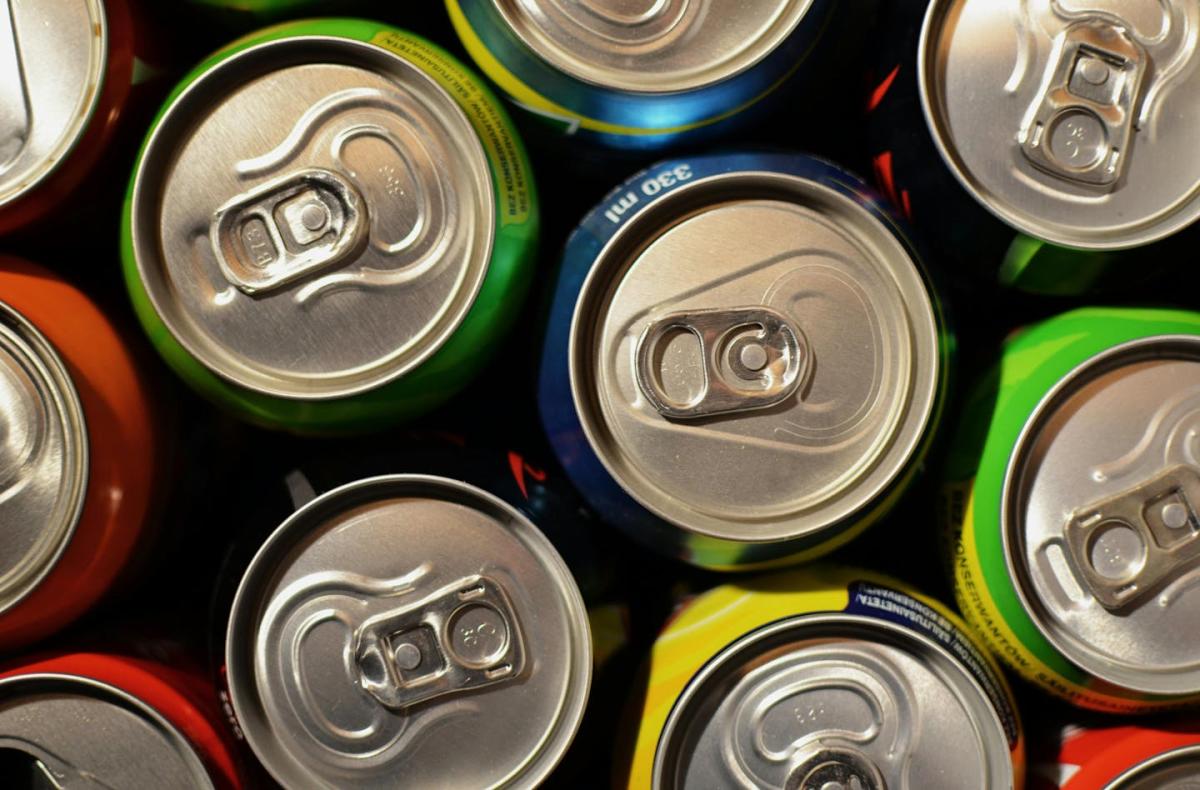Time: 2024-07-21
Many people are consuming less sugary soft drinks , which is a positive development for public health . However , the consumption of Diet soda has been on the rise , with these products even being detected in wastewater due to their popularity.
The World Health Organization ( WHO ) recommends reducing daily intake of free sugars , with diet soft drinks being marketed as a healthier alternative to regular sugary drinks . These diet sodas contain artificial or natural sweeteners like aspartame , saccharin , and sucralose.

While diet soft drinks are often seen as a way to manage weight , studies have shown that they are not strongly linked to weight loss . In fact , some research indicates that high consumption of artificial sweeteners may increase the risk of obesity.
Artificial sweeteners in diet soda may also have negative effects on health , such as causing inflammation in the digestive system and contributing to dental erosion . It is recommended to consume diet sodas in moderation to avoid potential health risks in the long term.
As with many aspects of nutrition , moderation is key when it comes to consuming diet soda . While occasional consumption is unlikely to harm health , excessive intake may lead to adverse health effects over time.
For optimal hydration and overall health , it is recommended to choose plain water , infused water , sparkling water , herbal teas , or milks as healthier alternatives to diet soda . These options provide hydration without the potential risks associated with artificial sweeteners in diet sodas.
In conclusion , being mindful of the amount of diet soda consumed and opting for healthier beverage choices can help in maintaining overall well - being and reducing the risk of potential health issues associated with artificial sweeteners in these drinks.